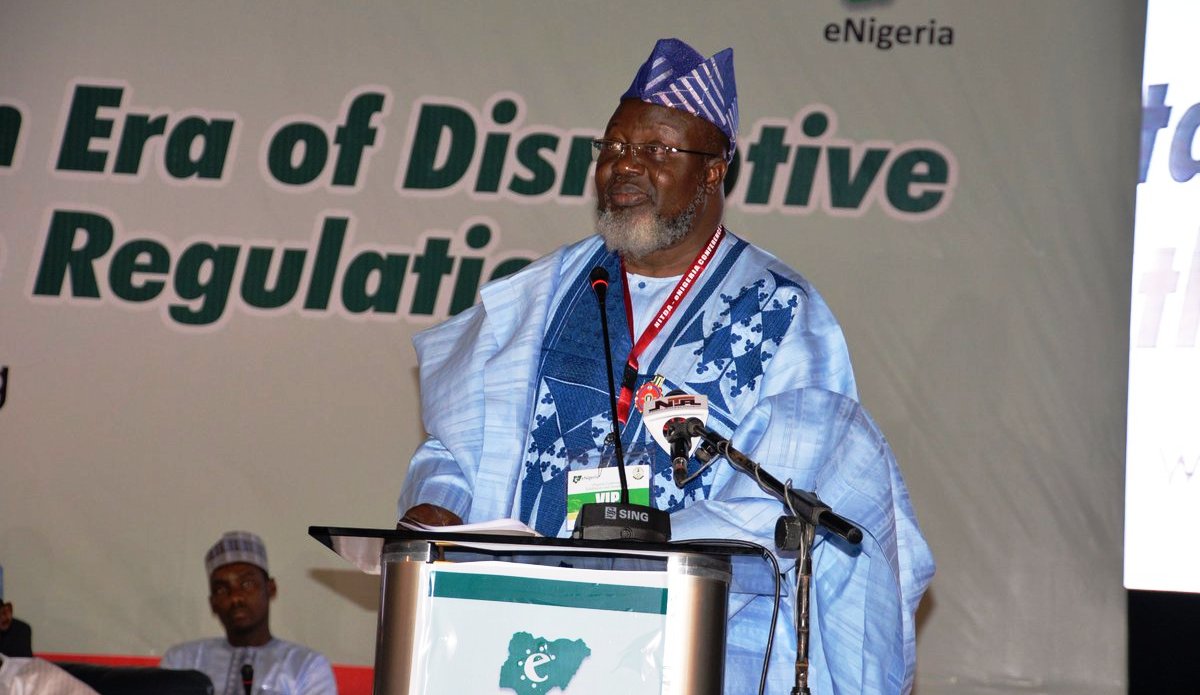Executive Vice Chairman of the Nigerian Communications Commission (NCC), Prof Umar Garba Danbatta has stressed the need for collaboration among academia, telecom industry players and the regulatory body as the nation gears up for the next level of technology revolution.
TheNewsGuru (TNG) reports Prof. Danbatta was speaking during NCC’s Fifth Roundtable Forum with Academia, Telecom Industry and other Stakeholders when he said, “the emergence of new technologies such as Artificial Intelligence (AI), Internet of Things (IoT), Smart Cities, 5th generation network (5G), Broadband technology have led to huge opportunities and consequent risks”.
The forum, holding in Minna, Niger State on Wednesday 23rd and Thursday 24th January 2018 is expected to improve collaboration among the Commission, academia, telecom industry players and other stakeholders to accelerate innovation, industrial growth and sustainable development in the Nigerian telecoms industry.
Danbatta at the forum on Wednesday said the collaboration is needed to ensure that these technologies are adequately prepared for by the time they emerge in the Nigeria’s telecom ecosystem.
He acknowledged that innovations, inventions and improvements that evolve from collaboration with academia are a catalyst for improving efficiency and productivity, driving economic growth and attracting more FDI into the country.
Speaking at the event, Danbatta, represented by Engr Austin Nwaulune, Director Spectrum Administration, NCC, said, to this end, the NCC as regulator of this critical sector, aims to ensure all stakeholders are protected and the industry is nurtured for maximum benefits to all players in the industry.
He stressed that regulatory excellence has the capacity to drive social and economic transformation in the country and, that the NCC seeks to ensure that regulations match with existing realities.
Prof Danbatta reiterated that the three areas which are fundamental to future growth and development of the sector include: innovation in terms of new ideas, industry growth in terms of building capabilities and the role of the regulator in promoting synergy between the academia and the NCC while ensuring regulatory excellence and operational efficiency of the industry.
“The potential opportunities and important aspects that should be considered by all stakeholders are critical aspects that academia are invited to research and proffer pragmatic solutions.
“The Commission has, among other things, directed funds to encourage innovation by boosting research and development in Universities across the country.
“There is need to collaborate with emphasis on development of prototypes that would meet the standards required by the industry,” he said.
Present at the event include members of the academia from various universities and Polytechnics in the North Central region of the country, representatives of telecom companies and other regulatory bodies.
